The Challenge
Consumers are disconnected with their local seafood. Consumers don’t recognize local fish species and/or when they are in season, so they don’t tend to purchase local fish at markets, and lean toward more commonly-known, non-local species. Many local species are thriving – but with no demand, price is low so local fishermen have a hard time finding markets for the lesser-known species.
The Approach
To embody a place-based approach to sustaining wild seafood, Eating with the Ecosystem embraces five anchors of its work: proximity, symmetry, adaptability, connectivity, community.
By The Numbers
Since Eating with the Ecosystem was founded as a non-profit in 2014, it has reached thousands of local consumers to educate them about the value of eating local species.
- Dinner series went from 0 events in 2012 to 1 event in Newport County in 2017, with many more around the state and region in 2018 and 2019.
- Its annual Seafood Market Blitz engaged as many as 26 participants in Rhode Island to visit 4 Newport County seafood markets.
- Eat Like a Fish citizen science project engaged 3 Newport County participants.
- 4 Scales and Tales food boat events in Newport County offered 1,175 fresh local seafood samples in September 2018; up from 0 in 2014
- “Simmering the Sea: Diversifying Cookery toSustain our Fisheries” cookbook (authored by program director and former board of trustees chair) sold 781 books as of Feb. 2019.

Preserve and Grow Fisheries Industries
Eating with the Ecosystem is making a difference in consumers’ awareness of local seafood.
Program Description
Newport County citizens are making the connection with local fish species, and are learning to seek out and cook with what is available locally.
- An educational dinner series was started in 2012, with two events in Newport County before the Eating with the Ecosystem non-profit organization was founded. Though it does not have any planned for this year, the dinners were an opportunity for fishermen to work with chefs to tell the stories about the ecosystem and the fish they were catching, combining the seafood and the ecosystem in which the food is produced. This ticketed event attracted local consumers to enjoy local seafood, prepared at local restaurants by local chefs, with a discussion with a local fisherman. The dinners became very popular, and prompted the official establishment of Eating with the Ecosystem to continue the sustainable local seafood conversation.
- Seafood Market Blitz in March 2018 and 2019 connected citizen scientists with local seafood markets, to record everything that is available in the seafood case. They record where it’s from, if it’s a whole fish, amounts, and other details. EWTE collects that information, and works with URI students to produce a short report to understand what is available to local consumers. They track it over time to understand if we are seeing changes, and what consumers are actually buying.
- Eat Like a Fish citizen science project – May to October 2017. Citizen scientists collected information on availability of and their experiences with local seafood. Each week they would receive a list of seafood from EWTE, like lobster, scallops or cod, or maybe the less familiar scup or sea robin. They’d visit up to 3 markets each week and search for their fish. If they found the fish, they chose which one to buy and would cook with it, then record their experiences. If they couldn’t find the fish, they would note that too.
- Scales and Tales food boat is a 19-foot skiff that goes to local events, like the Bowen’s Wharf Seafood Festival (Newport) and the Aquidneck Growers’ Market (Newport and Middletown). It works with local chefs to do cooking demonstrations, how to filet and prepare with local market ingredients, and offers free samples of local seafood to event attendees.
- EWTE is partnering with RI Community Food Bank and local seafood dealers to introduce local seafood species to the offerings at the state’s largest food pantry.
- EWTE partnered with Discover Newport during its November 2018 Newport Restaurant Week to encourage participating restaurants to offer a local seafood dish on their menu.
Future Plans
This Rhode Island Story was prepared by Kate Masury.

